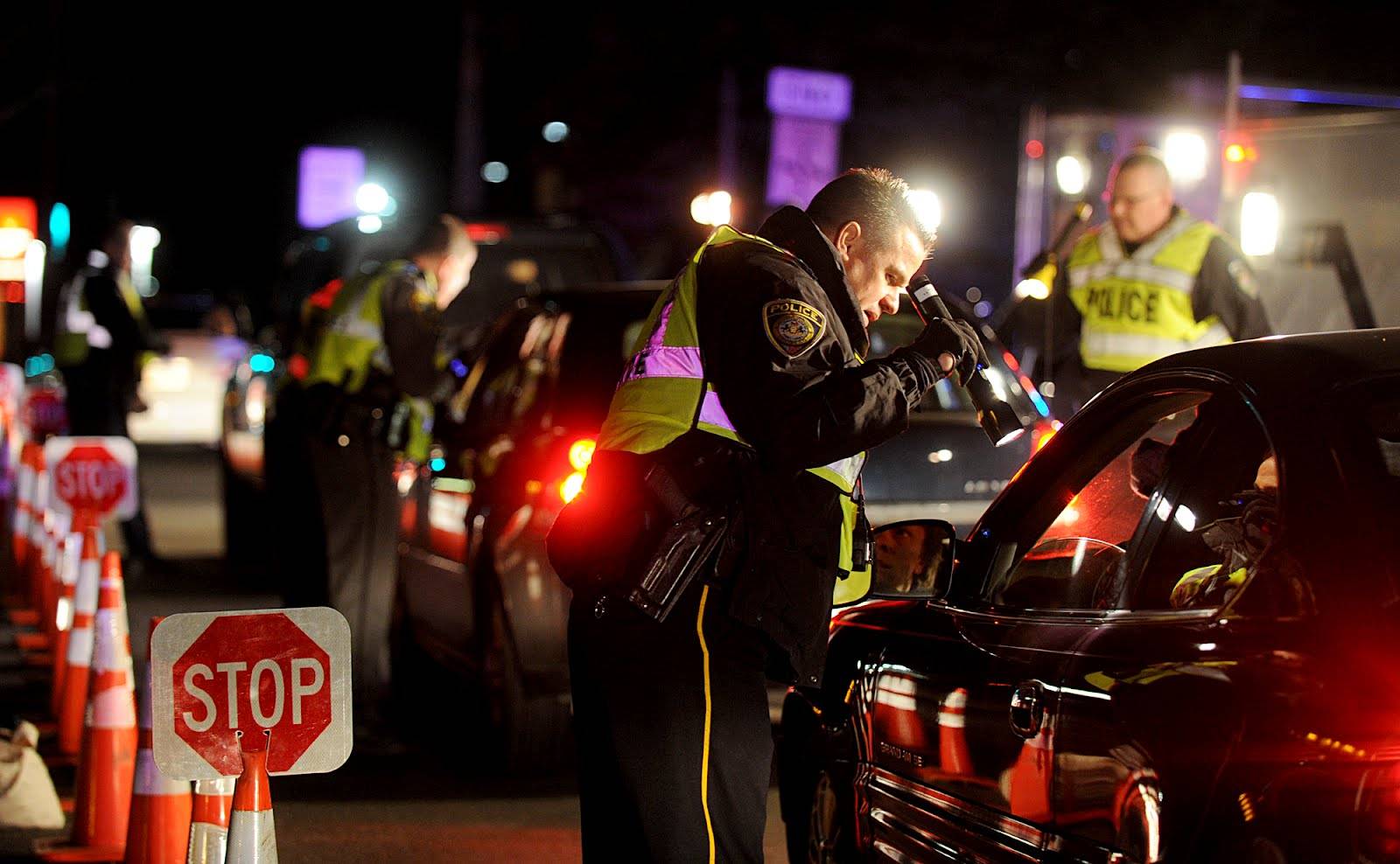
What to Know About Checkpoints
There’s not much that can strike fear in the heart of a motorist faster than seeing the barricades and flashing lights ahead that indicate a DUI checkpoint. Even if you aren’t doing anything wrong, if you’re faced with a DUI checkpoint it can be extremely stressful.
One of the first questions people have is if these roadblocks are even legal, and the answer to that is yes they are. It is legal for police officers to detain motorists briefly to see if they’re driving under the influence or while impaired.
At the same time, due to how fast-paced the process at a checkpoint can be, there is a lot of room for error on the part of officers and people who are charged during these times are often able to fight the charges successfully.
There are certain standards that a checkpoint has to meet in most states as well, to be legal and valid. For example, in California, the requirements include the fact there has to be a neutral process that’s used to select vehicles that will be stopped. The checkpoint has to be adequately identified, and there has to be advanced notice made to the public.
So what else should you know about handling a checkpoint and what your rights are?
Can You Turn Around?

If you see a checkpoint ahead, is it illegal to turn around? While laws vary by state, in general, you can, but you can’t violate traffic laws or create a safety hazard in doing so. For example, if you did an illegal U-turn to avoid a checkpoint, then you could be pulled. As is the case any other time, if you do turn around and then you’re pulled anyway, and the officer has reasonable suspicion that you’re impaired, he or she can investigate further.
What officers often can’t do is detain all drivers they see who are trying to avoid a DUI checkpoint. This could be an unlawful seizure on the part of the police.
With that being said, in some states, if you turn around upon approaching a checkpoint, the officer may have the right to follow you and ask you why you avoided the checkpoint.
Other Types of Checkpoints

Not all checkpoints are specifically for DUI—in fact, some states don’t allow DUI-specific checkpoints.
Police officers may instead do other types of checkpoints. A common one is an administrative checkpoint, where the goal is verification of licenses and insurance. However, if you’re going through one of these and the officer thinks you may be under the influence, they can still initiate a DUI investigation.
How to Handle Yourself

If you go through a checkpoint, there are some things to remember. First, have all of your documentation ready to go when you go through. You want to have out your license, insurance, and registration. Otherwise, you may be fumbling for it when you approach the officer, and that could be a problem. Also, roll down your window in a timely way.
You should only give the officer that you’re speaking to the bare minimum of information based on what they’re asking you. You don’t have to go overboard telling them details since that information might be used against you.
You can refuse to answer certain questions, but you should do so respectfully.
Also, if you’re asked to submit to a breath test, you should in most cases take it. A lot of people think that if they don’t take the breathalyzer test, they can’t be arrested and this isn’t the case. If you refuse a breath test, you can be charged with a refusal, and you’re likely to be detained and taken to the nearest police station for a blood test. This is a much longer and more arduous approach than just taking the breath test, even if you’ve been drinking.
In some states including California, you have to take a chemical test if the officer has probable cause to believe you’re under the influence. It should be noted that the U.S. Supreme Court ruled the dangers of drunk driving outweigh the intrusion element of sobriety checkpoints. They are an exception to the search and seizure procedures of the U.S. Constitution.
In some states, such as North Carolina, refusing a breathalyzer or field sobriety test can be used as evidence of guilt.
Regardless of where you live, a checkpoint can be stressful but try to remain calm and courteous if you face one, and if you are charged ensure that you hire a lawyer immediately.




